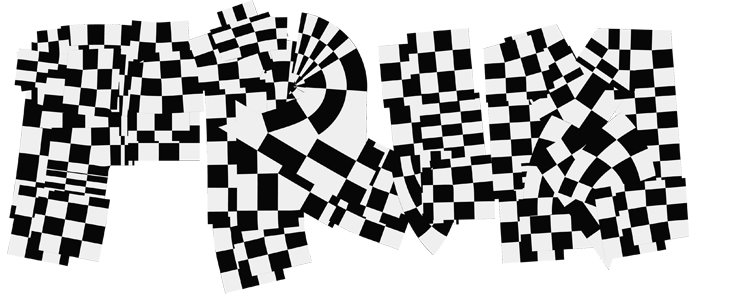Dostoyevsky's monk says:
"Love in practice is a harsh and dreadful thing compared to love in dreams."
Intolerable beauty
The band Radiohead always gives me good links to online photography.
A couple of years ago they alerted me to The Daily Nice, a simple page that provides a new, usually-interesting photo every day. It's been the default page on my web browser ever since.
Now they've directed me to the online portfolio of Chris Jordan, which I think is pretty remarkable, particularly his "Intolerable Beauty" series.
A couple of years ago they alerted me to The Daily Nice, a simple page that provides a new, usually-interesting photo every day. It's been the default page on my web browser ever since.
Now they've directed me to the online portfolio of Chris Jordan, which I think is pretty remarkable, particularly his "Intolerable Beauty" series.
Two kinds of technology
Here's a nice distinction between two kinds of technology from Theodore Kaczynski's "Industrial Society and Its Future":
"We distinguish between two kinds of technology, which we will call small-scale technology and organization-dependent technology. Small-scale technology is technology that can be used by small-scale communities without outside assistance. Organization-dependent technology is technology that depends on large-scale social organization. We are aware of no significant cases of regression in small-scale technology. But organization-dependent technology DOES regress when the social organization on which it depends breaks down. Example: When the Roman Empire fell apart the Romans' small-scale technology survived because any clever village craftsman could build, for instance, a water wheel, any skilled smith could make steel by Roman methods, and so forth. But the Romans' organization-dependent technology DID regress. Their aqueducts fell into disrepair and were never rebuilt. Their techniques of road construction were lost. The Roman system of urban sanitation was forgotten, so that only until rather recent times did the sanitation of European cities equal that of Ancient Rome.
"The reason why technology has seemed always to progress is that, until perhaps a century or two before the Industrial Revolution, most technology was small-scale technology. But most of the technology developed since the Industrial Revolution is organization-dependent technology. Take the refrigerator for example. Without factory-made parts or the facilities of a post-industrial machine shop it would be virtually impossible for a handful of local craftsmen to build a refrigerator. If by some miracle they did succeed in building one it would be useless to them without a reliable source of electric power. So they would have to dam a stream and build a generator. Generators require large amounts of copper wire. Imagine trying to make that wire without modern machinery. And where would they get a gas suitable for refrigeration? It would be much easier to build an ice house or preserve food by drying or picking, as was done before the invention of the refrigerator."
Other good sections are the part where Kaczynski profiles leftists as "oversocialized" individuals and the part where he talks about the profusion of increasingly empty "surrogate activities" in an industrialized society in order to feed the natural human desire to accomplish meaningful work.
"We distinguish between two kinds of technology, which we will call small-scale technology and organization-dependent technology. Small-scale technology is technology that can be used by small-scale communities without outside assistance. Organization-dependent technology is technology that depends on large-scale social organization. We are aware of no significant cases of regression in small-scale technology. But organization-dependent technology DOES regress when the social organization on which it depends breaks down. Example: When the Roman Empire fell apart the Romans' small-scale technology survived because any clever village craftsman could build, for instance, a water wheel, any skilled smith could make steel by Roman methods, and so forth. But the Romans' organization-dependent technology DID regress. Their aqueducts fell into disrepair and were never rebuilt. Their techniques of road construction were lost. The Roman system of urban sanitation was forgotten, so that only until rather recent times did the sanitation of European cities equal that of Ancient Rome.
"The reason why technology has seemed always to progress is that, until perhaps a century or two before the Industrial Revolution, most technology was small-scale technology. But most of the technology developed since the Industrial Revolution is organization-dependent technology. Take the refrigerator for example. Without factory-made parts or the facilities of a post-industrial machine shop it would be virtually impossible for a handful of local craftsmen to build a refrigerator. If by some miracle they did succeed in building one it would be useless to them without a reliable source of electric power. So they would have to dam a stream and build a generator. Generators require large amounts of copper wire. Imagine trying to make that wire without modern machinery. And where would they get a gas suitable for refrigeration? It would be much easier to build an ice house or preserve food by drying or picking, as was done before the invention of the refrigerator."
Other good sections are the part where Kaczynski profiles leftists as "oversocialized" individuals and the part where he talks about the profusion of increasingly empty "surrogate activities" in an industrialized society in order to feed the natural human desire to accomplish meaningful work.
Subscribe to:
Posts (Atom)









